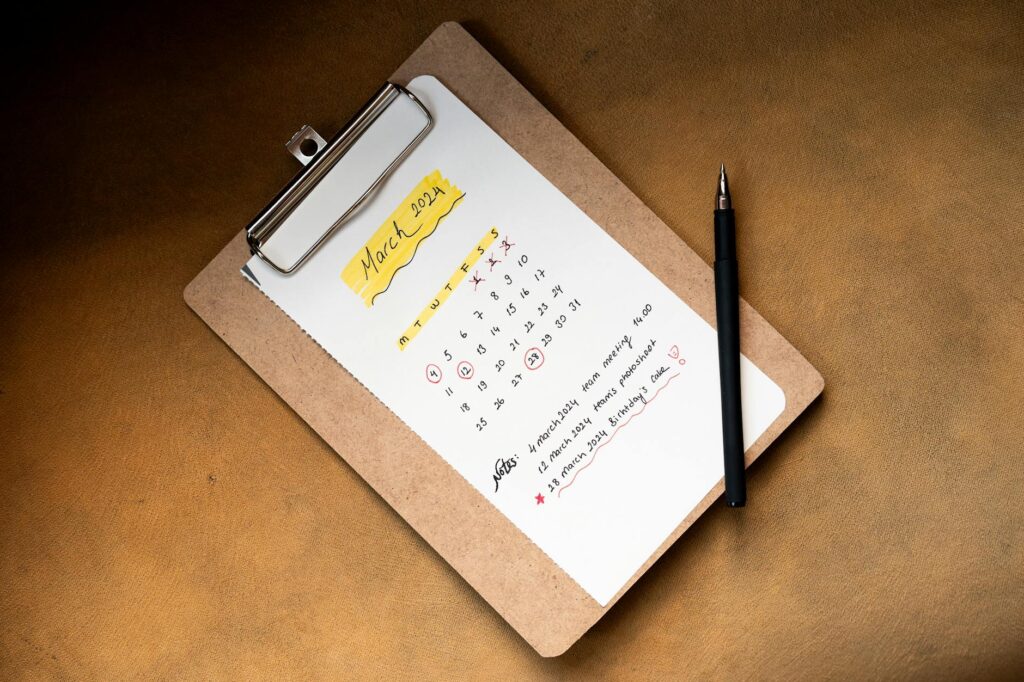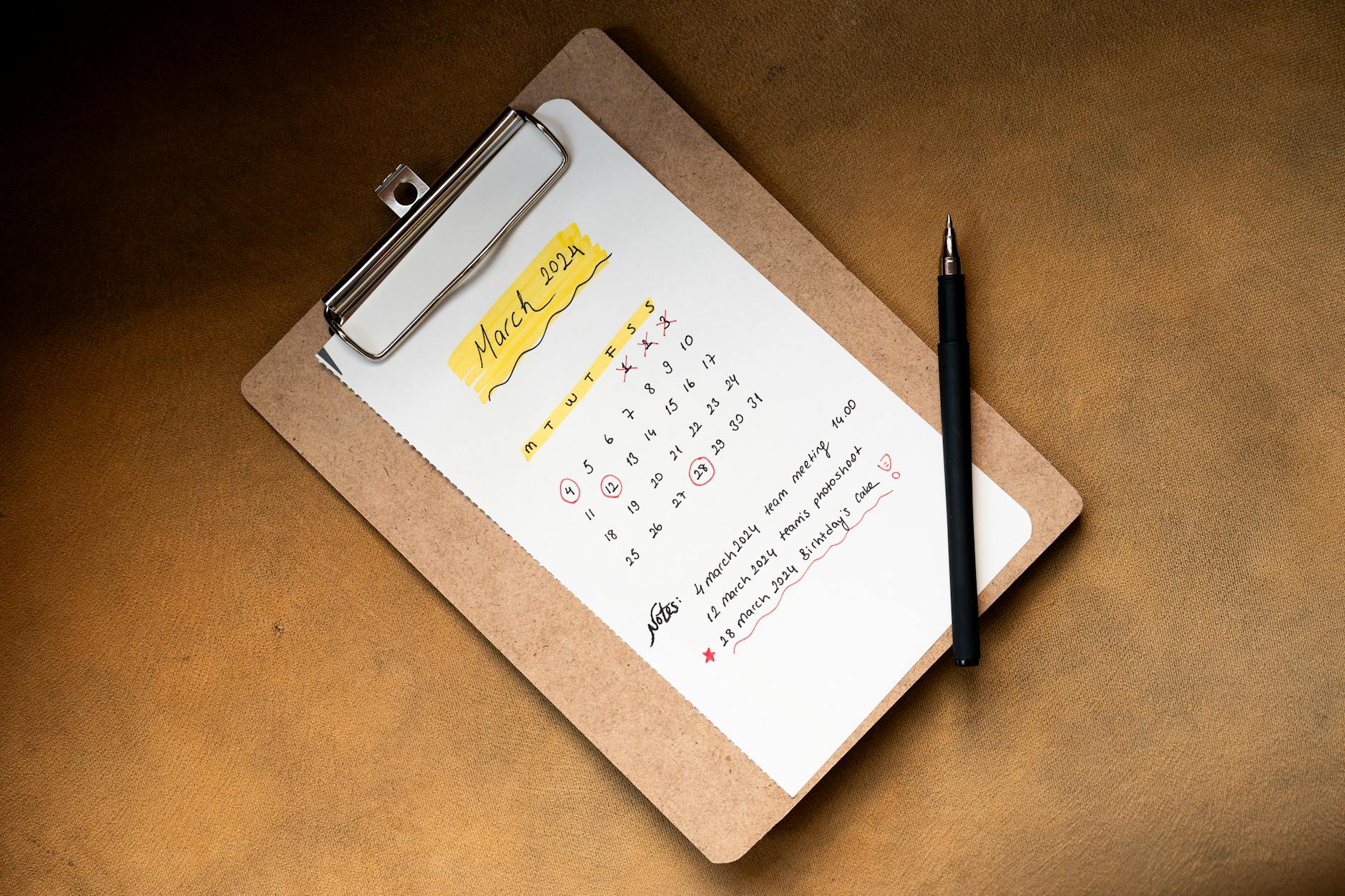What is scheduled task reminders?

What is scheduled task reminders?
In our fast-paced world, juggling multiple tasks can feel overwhelming. This is where scheduled task reminders come into play. These reminders are essential tools for anyone looking to boost productivity and enhance time management. They help individuals stay organized and on track, ensuring that no important task falls through the cracks.
Understanding Scheduled Task Reminders
Definition and Purpose
Scheduled task reminders are notifications set to alert you about upcoming tasks or events. They can take many forms, such as alerts on your phone, pop-up messages on your computer, or emails. The primary purpose of these reminders is to enhance productivity and organization. By reminding you of tasks, they help you manage your time better and keep you focused on what truly matters.
How Scheduled Task Reminders Work
Setting up a scheduled task reminder is often straightforward. Most digital calendars and task management apps allow you to create reminders with just a few clicks. Once you set a reminder, it will notify you at the designated time, allowing you to prepare for the task ahead. For instance, if you use an app like Microsoft To Do, you can easily add due dates and reminders for your tasks. This functionality helps ensure that you never miss a deadline or forget an important appointment.

Photo by Ahmed ツ
Benefits of Using Scheduled Task Reminders
Improving Time Management
One of the biggest advantages of using scheduled task reminders is improved time management. When you have a clear overview of what tasks need to be completed and when, it becomes easier to allocate your time effectively. You can prioritize your tasks based on urgency and importance, allowing you to focus on what needs immediate attention. For more insights on managing time effectively, you can check out the benefits of using meeting reminders.
Enhancing Focus and Productivity
Scheduled task reminders also play a significant role in maintaining focus. By breaking your day into manageable tasks, you can tackle one thing at a time. This focused approach leads to greater productivity. Instead of feeling scattered and overwhelmed, you can work methodically through your tasks. As noted by productivity experts, reminders keep you on track and help you avoid distractions.
Reducing Stress and Anxiety
Having a reliable system of reminders can significantly reduce stress and anxiety related to deadlines. The mere act of knowing that you have a reminder for an important task can provide peace of mind. You can approach your day with confidence, knowing that you’re organized and prepared for what lies ahead. This psychological benefit can be crucial for maintaining a healthy work-life balance.
Tools and Technologies for Scheduled Task Reminders
Digital Calendars and Reminder Apps
Various tools are available to help you set scheduled task reminders. Popular digital calendars like Google Calendar, Outlook, and various reminder apps like Any.do allow you to create and manage reminders effortlessly. These tools often come with additional features such as recurring reminders, location-based alerts, and integration with other applications.
Integrating Reminders with Other Productivity Tools
Integration is key when it comes to maximizing the benefits of scheduled task reminders. Many task management and project management tools enable you to set reminders directly within the platform. For example, you can use apps like Trello or Asana to not only plan your projects but also receive reminders for upcoming deadlines. This integration ensures that all your tasks are organized in one place, making it easier to track progress.
Best Practices for Creating Effective Scheduled Task Reminders
Setting Clear and Specific Reminders
To make the most of your reminders, clarity is essential. When setting a reminder, ensure that it’s specific about what needs to be done. Instead of a vague “Finish project,” opt for “Finish the first draft of the project report.” This clarity helps you understand exactly what the reminder refers to, increasing the likelihood of successful task completion.
Timing and Frequency of Reminders
Timing and frequency are crucial factors in effective reminders. Setting reminders too close together can lead to overwhelm, while setting them too far apart may result in forgetting the task altogether. A good strategy is to test different timings and frequencies to find what works best for you. Generally, reminders a day before a task or a few hours in advance work well for most people.
Using Multiple Channels for Notifications
Finally, consider using various notification methods for your reminders. Combining email alerts, app notifications, and even text messages can enhance the effectiveness of your reminders. This multi-channel approach ensures that you receive the alert in a manner that suits you best, reducing the chances of overlooking important tasks.
Conclusion: The Power of Scheduled Task Reminders
Scheduled task reminders are more than just simple notifications. They are powerful tools that can transform how you manage your tasks and time. By implementing them in your daily routine, you can improve your productivity, reduce stress, and enhance your overall organizational skills. In a world where time is of the essence, mastering the art of reminders can lead to significant improvements in both your personal and professional life. So, why not start integrating scheduled task reminders today? The benefits could be life-changing!